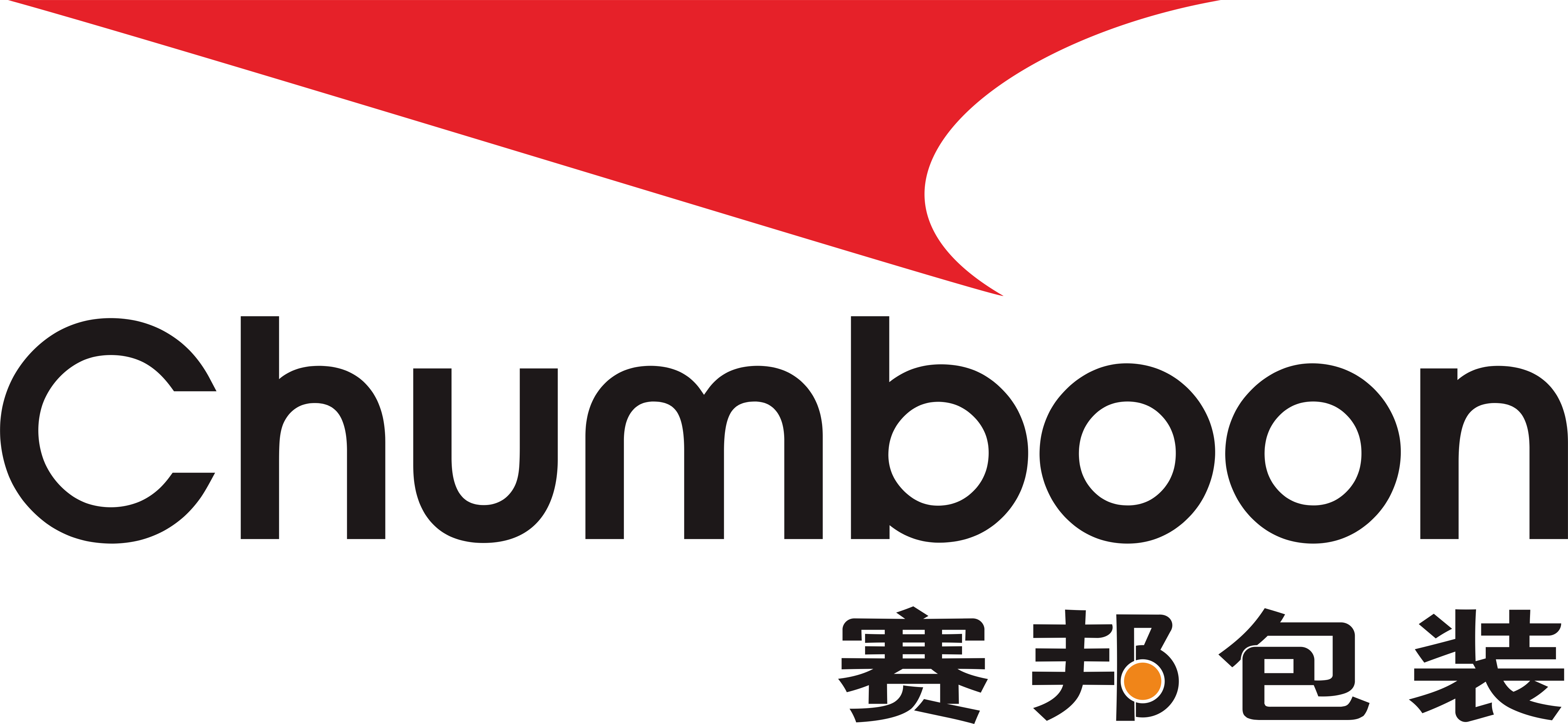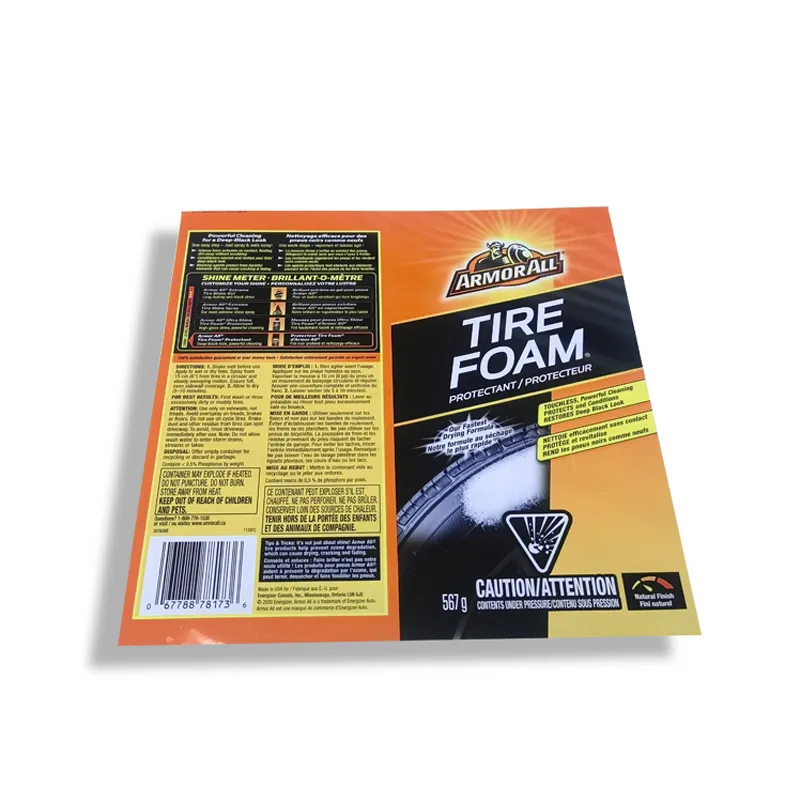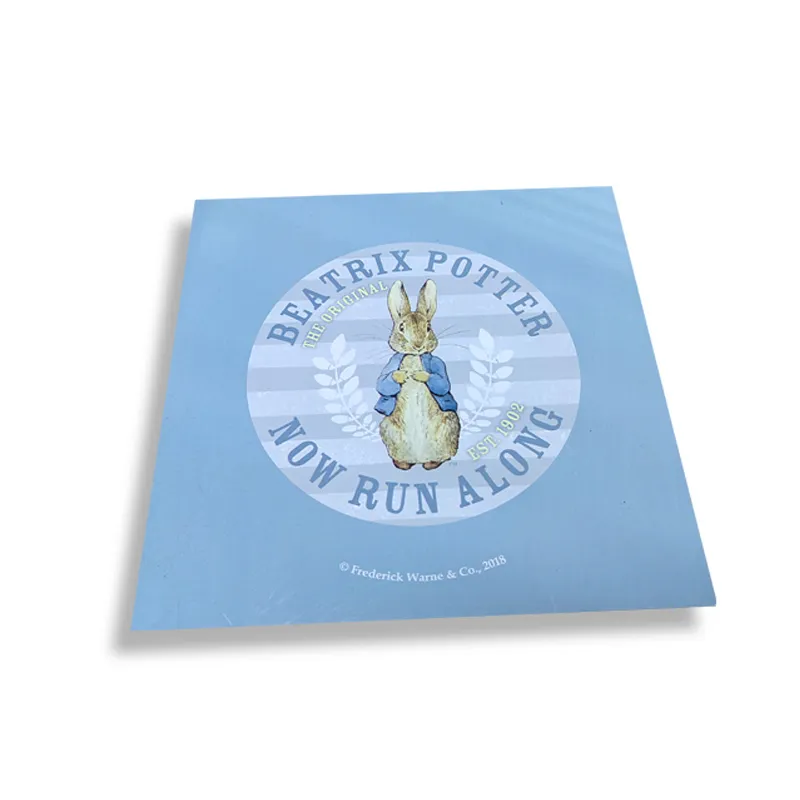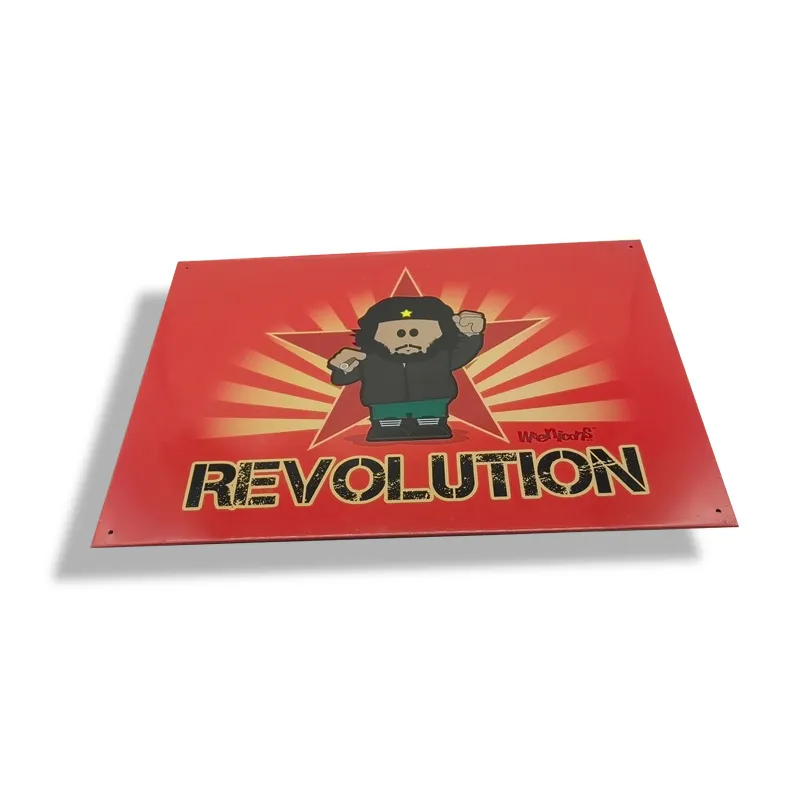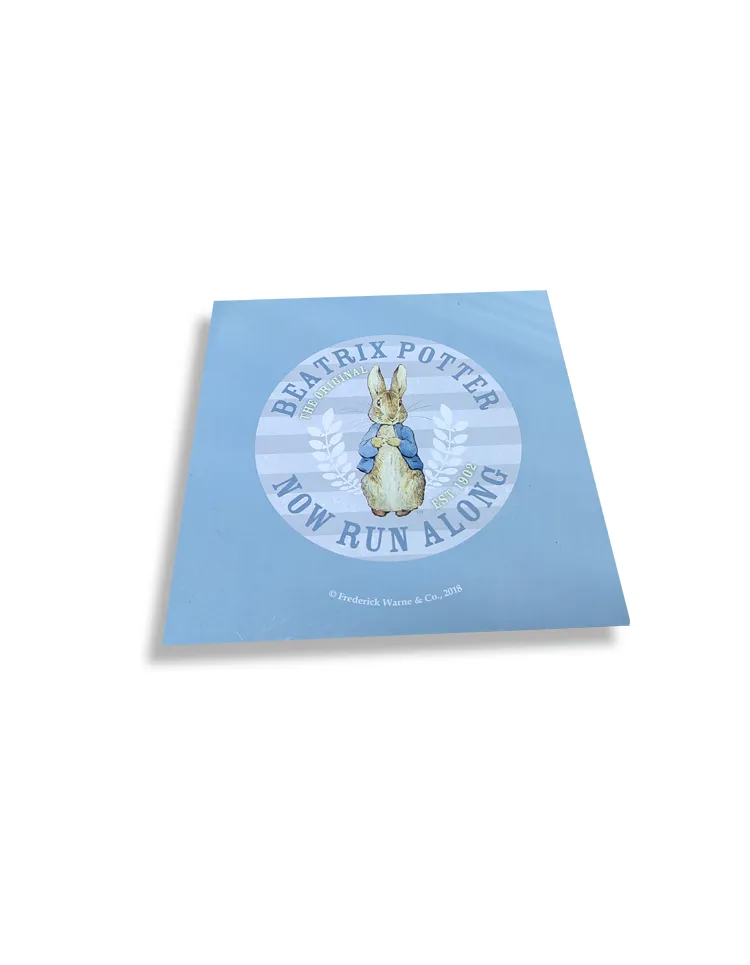Industries with the largest demand for printed tinplate products
1. Food and beverage industry:
2. Cosmetics and personal care industry:
3. Chemical and pharmaceutical industry:
4. Gifts and high-end consumer goods industry:
5. Electronic products and household appliances industry:
6. Agriculture and horticulture industry:
Conclusion
In summary, printed tinplate as a packaging material is widely used in food and beverage, cosmetics and personal care, chemical and pharmaceutical, gifts and high-end consumer goods, electronic products and household appliances, agriculture and horticulture industries due to its superior corrosion resistance, excellent mechanical properties, excellent printing effect, excellent sealing performance, environmental protection and recyclability.
2024-07-11
More